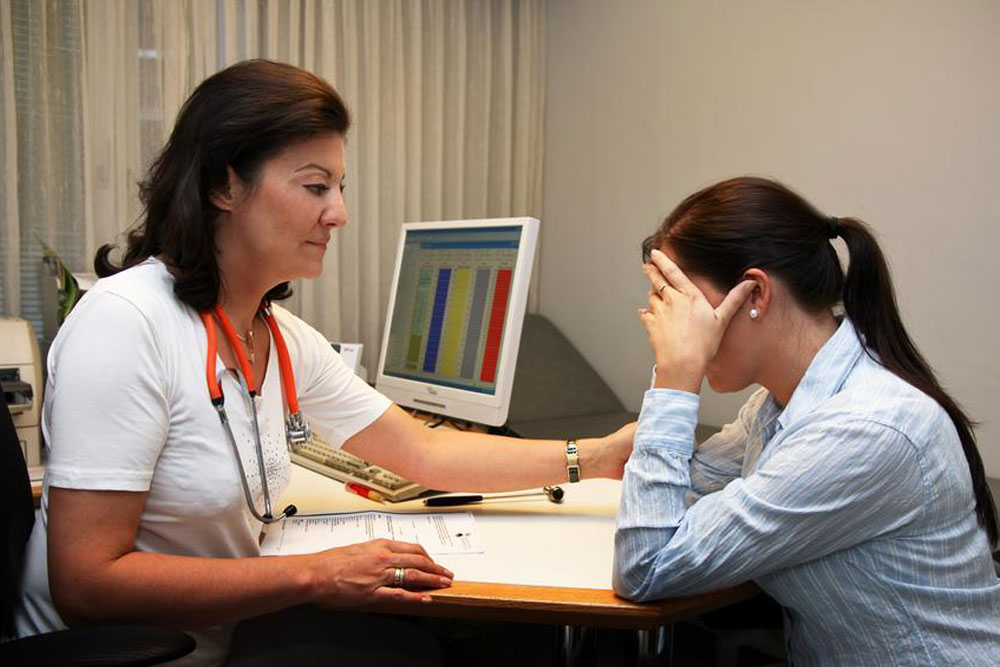Comprehensive Guide to Recognizing the Signs and Symptoms of Ulcerative Colitis
This comprehensive article discusses the key signs and symptoms of ulcerative colitis, a common yet often misunderstood inflammatory bowel disease. It emphasizes the importance of early detection, outlining symptoms like bloody diarrhea, abdominal pain, fatigue, and weight loss. The article also reviews factors influencing susceptibility, diagnostic procedures, and treatment options, including medication, lifestyle changes, and surgery. With a focus on proactive management, it highlights how early intervention can improve outcomes and quality of life for those affected by ulcerative colitis. An essential read for individuals seeking to understand this chronic condition better.

Ulcerative colitis is a chronic inflammatory condition that predominantly targets the large intestine, also known as the colon. As a form of inflammatory bowel disease (IBD), this disorder causes inflammation of the colon's inner lining, leading to the development of ulcers—small, open sores that can cause significant discomfort and various health complications. The progression of ulcerative colitis typically begins in the rectum and can extend upward to involve the entire colon, resulting in a spectrum of symptoms that range from mild to severe. Early identification of these symptoms is pivotal for effective management and to prevent serious health issues.
Understanding the key signs and symptoms associated with ulcerative colitis can aid in timely diagnosis and treatment. Some of the most common symptoms include persistent diarrhea, often containing blood or mucus, which is a hallmark of the disease. Alongside this, individuals may experience abdominal pain or cramping, which often worsens after eating or during bowel movements. The sensation of urgency to defecate and feeling that the bowel has not been fully emptied are also typical complaints. These symptoms can substantially impair daily activities and diminish quality of life if not addressed promptly.
Fatigue and weakness are common in ulcerative colitis patients, largely due to blood loss through the ulcerated colon and the body's ongoing inflammatory response. In some cases, individuals may develop anemia because of chronic blood loss, leading to symptoms such as pallor, dizziness, and shortness of breath. Additionally, some patients report the presence of mucus or pus in their stool, signs of active inflammation. Severe cases can lead to weight loss, dehydration, and a general feeling of exhaustion, emphasizing the need for early intervention.
Demographic factors influence who may be more susceptible to ulcerative colitis. The disease most commonly affects young adults between the ages of 15 and 35, although it can occur at any age, including early childhood and older adults. Men are slightly more affected than women, but the disease's exact cause remains unknown. Genetic predispositions, immune system involvement, and environmental factors such as diet and stress are believed to play roles in its development.
While mild symptoms might be manageable with dietary changes and medication, more severe manifestations require immediate medical attention. Symptoms like intense abdominal pain, frequent bloody diarrhea, significant weight loss, and dehydration necessitate a thorough evaluation by healthcare professionals. Diagnostic procedures such as colonoscopy, stool tests, and blood work are instrumental in confirming the diagnosis and assessing disease severity.
Effective management of ulcerative colitis involves a combination of medication, lifestyle modifications, and sometimes surgical intervention. Medications such as anti-inflammatory agents, immunosuppressants, and biologic therapies are commonly used to control inflammation and induce remission. Dietary adjustments to avoid triggers and maintain nutritional health are also essential. In extreme cases where medication fails to control symptoms or complications arise, surgical removal of the colon may be necessary.
Living with ulcerative colitis requires ongoing medical supervision and a proactive approach to health. Regular monitoring helps prevent flare-ups and manage symptoms effectively. Patients are encouraged to maintain a healthy lifestyle, including a balanced diet, stress management, and abstaining from smoking, which can exacerbate the condition. Support groups and counseling can provide emotional support and guidance through the challenges of managing a chronic illness.
In summary, recognizing the early signs and symptoms of ulcerative colitis is critical for timely diagnosis and treatment. Awareness of the typical clinical features—including diarrhea with blood or mucus, abdominal pain, fatigue, and weight loss—can significantly improve health outcomes. Advances in medical therapies continue to enhance quality of life for those affected by this condition, emphasizing the importance of early intervention and comprehensive care.





